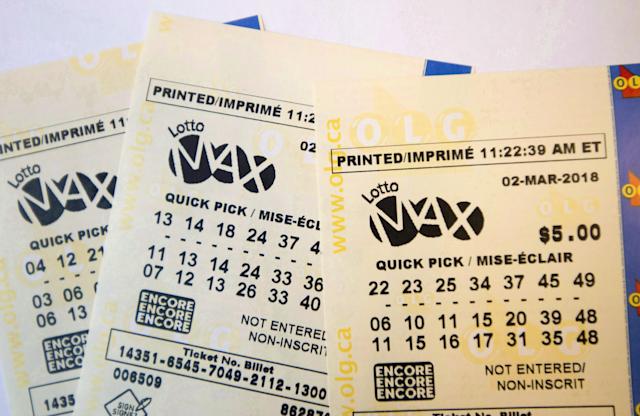The probability of winning the Lottery Jackpot is one in 292.2 million. The chances of winning the Mega Millions jackpot are slimmer, at one in 302.6 million. But did you know what you need to do before claiming your winnings from the Canadian Lottery?
Before winners can claim their prize, the Canadian Lottery requires them to correctly answer a math question without using a calculator.
The Math Canadian Law
The sponsors do not want Canadians to win, skill-testing questions are not included in sweepstakes open to Canadians. The questions have no bearing on anyone’s chances of being chosen as a winner, and they’re usually simple enough that they don’t prevent the prize from being awarded.
Skill-testing questions are present because Canadian sweepstakes law requires them.
Suppose you’ve read the Introduction to Contests, Sweepstakes, and Lotteries. In that case, you’ll know that lotteries have three major components: the prizes have monetary value, the sponsor profits financially from the sweepstakes, and the winner is chosen randomly. At least one of the three components must be removed to avoid being an illegal private lottery.
To avoid being classified as an illegal lottery in the United States, the sponsor usually removes the financial benefit, also known as consideration. That’s why most sweepstakes rules state that you don’t have to pay to enter and that a purchase has no bearing on your chances of winning.
However, sponsors must remove the third component, winner selection by chance, for a giveaway to be legal in Canada. A giveaway cannot be decided solely by chance. According to the Canadian Competition Act, some element of skill must be involved.
To eliminate the element of chance, contest sponsors limit the number of potential winners by requiring them to answer a skill-testing question. Every entrant does not have the same opportunity to win; only those who answer the skill-testing question correctly are eligible to win prizes.
Of course, this is merely a technicality, as most people easily answer the skill-testing question. The questions must be tricky, but they are not complex in general. (Source: Live About)
How Skill Testing Questions Affecting the Lottery?
This quirk in Canadian sweepstakes law affects not only the winners but also the Canadian giveaway community’s jargon.
In the United States, random-drawn giveaways are known as sweepstakes, whereas giveaways with a skill component are known as contests, as explained in this Guide to Sweepstakes Terminology.
Because skill-testing questions eliminate randomly selected winners, Canadians have no sweepstakes. They call both judged contests and sweepstakes contests.
While Americans refer to sweepstakes participants as sweepers, Canadians refer to them as contests, as only contests are legal in Canada. (Source: Live About)
The Skill Testing Questions
Sweepstakes sponsors are required to ask skill-testing questions to all Canadian winners. That means that not only must Canadian-based sweepstakes ask them, but so must sponsors of any giveaway open to Canadians.
To make things easier, many giveaways require all winners to answer skill-testing questions. This reduces the possibility that they will make a mistake and fail to test a Canadian winner properly. It would, however, be perfectly legal to exempt residents of other countries from answering. (Source: Live About)
Image from News.Yahoo
